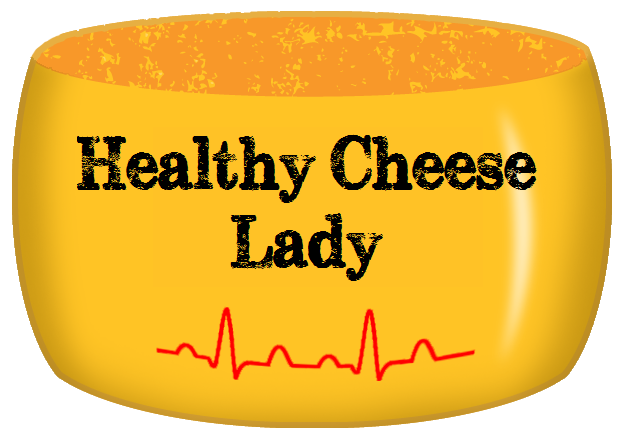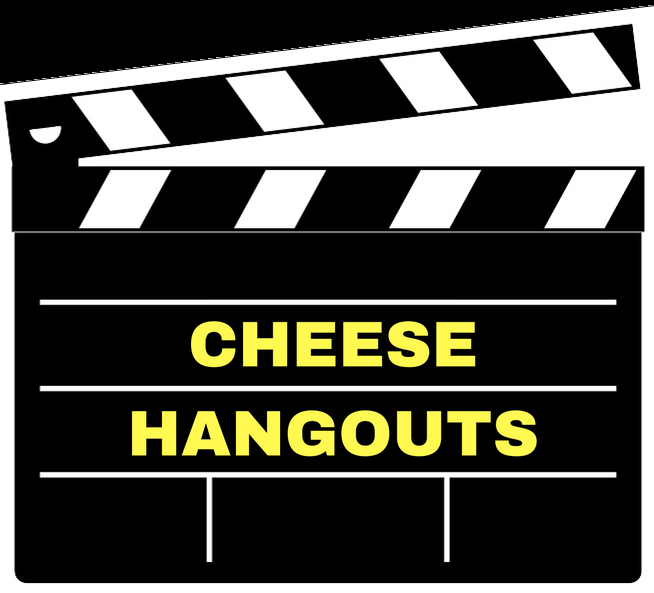My husband, Dan, makes cheese at home as a hobby. After making a few batches, he announced that he was going to the American Cheese Society Conference in Montreal, Canada (2011). He had already read most of the books on making cheese at home, so he was eager to learn more. He looked sleep-deprived when I picked him up at the airport and his hair was unusually messy. As we loaded his bags, I asked, “How was the conference?” At the time, I didn’t realize that the answer to simple question would change my life.
For the next week, Dan didn’t stop talking about his trip to cheese wonderland. In great detail, he explained the process of cheesemaking, from start to finish, and continued citing the names of people he met. He told me where they live and what kind of animals they raise. Cheese talk exhilarated him; it exhausted me—at least, it did at first.
One night during dinner, a typical conversation about our cats transitioned into one about an award-winning cheesemaker from Quebec. Dan said, “Parlons du fromage.” (Let’s talk about cheese.) I rolled my eyes and poured another glass of wine for both of us. I knew that the conversation would be lengthy, so I grabbed a soft cushion, and settled into the chair with my favorite cat, preparing myself for all of the details.
Thirty minutes into a discussion about various types of bacteria, pH testing, and different kinds of vats, I found myself drifting away from the topic. I was much more interested in finding out what fascinated him so much about this new world…and why it captivated his attention. At this point, I wasn’t listening as much as I was wondering how the process of making cheese could turn a normally quiet man to a loquacious one. Two glasses of wine later, I had an epiphany, so I threw up my hands and declared that I was going to find out why he is so obsessed and how it started. “I want to know what happened in Montreal. I want to know why you came back so giddy. Why is making cheese such a big deal?”
The Texas Cheese Tour:
After that lively discussion, many questions swirled around in my head. To quench my thirst for answers, I hit the road. During the next two years, I traveled throughout Texas interviewing dairy farmers, chefs, cheese retailers, cheesemakers, and cheesemongers. Dan wrote the questions for me before each interview, since my knowledge about artisan and farmstead cheese was limited.
Artisan or Artisanal Cheese AND Farmstead Cheese
The word “artisan” or “artisanal” implies that a cheese is produced primarily by hand, in small batches, with particular attention paid to the tradition of the cheesemaker’s art, and thus using as little mechanization as possible in the production of the cheese. Artisan, or artisanal, cheeses may be made from all types of milk and may include various flavorings. In order for a cheese to be classified as “farmstead,” as defined by the American Cheese Society, the cheese must be made with milk from the farmer’s own herd, or flock, on the farm where the animals are raised. Milk used in the production of farmstead cheeses may not be obtained from any outside source.
Farmstead cheeses may be made from all types of milk and may include various flavorings.
(Reference: The American Cheese Society www.cheesesociety.org)
Thankfully, the first few cheesemakers were patient with me, as I stumbled through the interviews. My first appointment wasn’t very productive because I was given a tour of the facilities while the video camera was in the trunk of my car. I thought that the tour of the facility was just a quick “introduction,” and that we would sit down for the interview with the camera rolling. After a thorough explanation of the cheesemaker’s process, I was escorted to my car with a friendly farewell. No camera. No video. I asked if I could take some footage of the goats before leaving. I walked around the farm looking for something interesting to film. I found a sleeping dog, a barn cat, and some goats. So my first Texas Cheese Tour video shows several goats standing near the fence facing Dan, trying to get him to pet their heads. It’s about five minutes in length with nobody talking…except a few “baaa-aaa-aaa” comments from the goats. I added some nice background music to the video and called it an “Introduction to the Texas Cheese Tour.” It’s not Hollywood material, but I figure, I gotta start somewhere.
As we drove home, I asked Dan what I did wrong. He said, “Cheesemakers are extremely busy. They work at least twelve hours each day, and the ones that have animals have a packed schedule. They simply don’t have time to sit around and talk.” That was a great lesson— although a bit embarrassing.
I can honestly say that from that point, I had my camera turned on and in hand for the remaining interviews. Along the way, I began to understand Dan’s passion for cheese. I fell in love with the goats and cows, and grew to respect and admire the cheese folks. I enjoyed visiting the farms, retail shops, and cheesemaking facilities so much, I have made numerous trips back since the tour started in 2012. The Texas Cheese Tour transformed me into an avid cheese fan. I learned a lot from each person interviewed. It took over a year to schedule an appointment with Cathy Strange, Global Cheesebuyer for Whole Foods, but it was worth the wait. To complete the circle, I wanted to interview a home cheesemaker, so I ended the tour with two interviews with Dan. As of June, 2015, thirty-three videos are available on YouTube. Over 9,000 viewers have watched. Here’s the link to the videos: http://www.texascheesetour.com/videos.
Dan still makes cheese as a hobby and continues to maintain high standards, just like his fellow cheesemakers. He’s picky about the milk, keeps detailed records, and is a fanatic about a clean kitchen. When he makes cheese, I find things to do outside. (He doesn’t trust me in the kitchen. Thankfully, I love to sail).
In August of 2015, he will attend his fifth American Cheese Society Conference. His cheese library continues to expand with increased knowledge. Although we enjoy different aspects of the cheese world, we have just enough in common to make our conversations interesting. He still asks How questions: I ask Why questions. Either way, we are both learning.
A few years ago I found his exuberance a bit annoying. Now, I share his enthusiasm and have joyfully jumped on the cheese wagon. He gets a lot of credit for my transformation. Now, when he says that “Cheese is healthy…I whole-heartedly agree.”
Link to Dan’s interviews: Short—https://www.youtube.com/watch?v=OZSGPTwEL48&feature=youtu.be (3:18)
Longer—https://www.youtube.com/watch?v=qhlVj7qCMus&feature=youtu.be (8:49)


